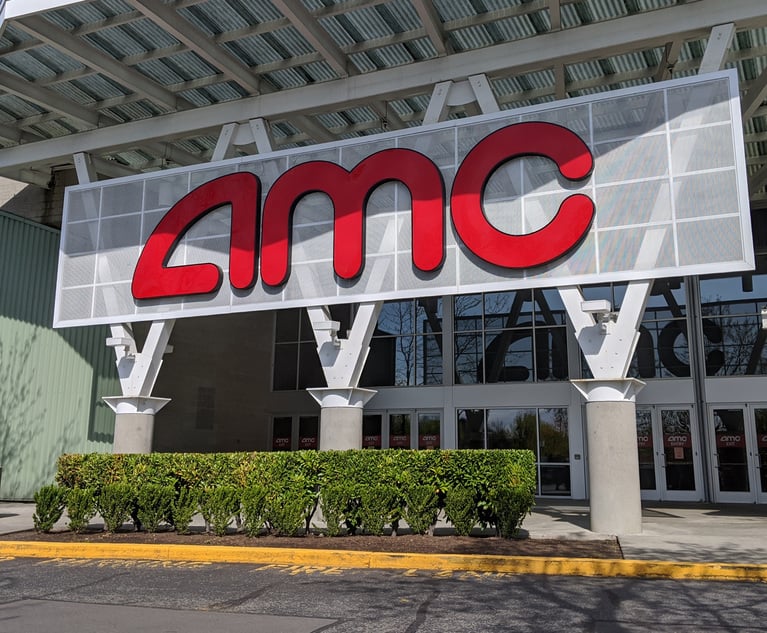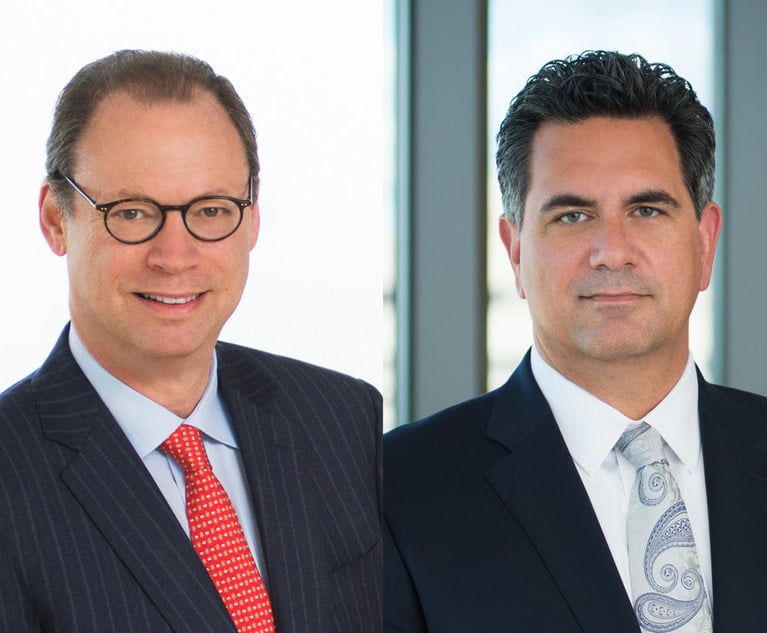The Delaware Court of Chancery recently issued two decisions addressing claims arising out of so-called “de-SPAC” mergers. Each decision is quickly becoming required reading for SPAC sponsors, boards and transactional planners.
First, a little background. As explained by the court, a special purpose acquisition company (or SPAC) is “a shell corporation … that lacks operations and takes a private company public through a form of reverse merger.” Sponsors, who are typically an “individual or management group,” “administer” the SPAC and fund the underwriting fees and working capital of the SPAC in exchange for “founder shares.” In order to raise the capital to acquire a private target, the SPAC will conduct an initial public offering (IPO). The proceeds from the IPO are held in a “trust” during the lifetime of the SPAC. The IPO investors “have a right to redeem their shares” after the acquisition target is selected, which “essentially guarantees public IPO investors a fixed return.”
This content has been archived. It is available through our partners, LexisNexis® and Bloomberg Law.
To view this content, please continue to their sites.
Not a Lexis Subscriber?
Subscribe Now
Not a Bloomberg Law Subscriber?
Subscribe Now
LexisNexis® and Bloomberg Law are third party online distributors of the broad collection of current and archived versions of ALM's legal news publications. LexisNexis® and Bloomberg Law customers are able to access and use ALM's content, including content from the National Law Journal, The American Lawyer, Legaltech News, The New York Law Journal, and Corporate Counsel, as well as other sources of legal information.
For questions call 1-877-256-2472 or contact us at [email protected]


 Cliff Gardner, left, and Lauren Griffith, right, of Skadden Skadden, Arps, Slate, Meagher & Flom. Courtesy photos
Cliff Gardner, left, and Lauren Griffith, right, of Skadden Skadden, Arps, Slate, Meagher & Flom. Courtesy photos




